Pawan Sharma, Wildlife Warden for Thane, said one of the many ways to tackle this illegal pet trade will be to reduce its demand.
The Directorate of Revenue Intelligence (DRI) along with the Wildlife Crime Control Bureau (WCCB) has rescued 816 tortoises since September through two joint operations in and around Mumbai. The accused have been nabbed and will be punished eventually too. But the alarming figure points at a very flourishing trade that has been thriving despite the regular raids. This give rise to the question: Is this enough?
Pawan Sharma, Wildlife Warden for Thane, said one of the many ways to tackle this illegal pet trade will be to reduce its demand. "A lot of buyers who purchase star tortoises do not even know that buying it is illegal. Therefore, a lot of awareness needs to be created around it, especially among people aged below 30, who constitute the bulk of the customers," he said, adding that enforcement needs to be strengthened also.
M Maranko, Regional Deputy Director, WCCB, Western Regional office, said that several raids and arrests have helped them understand the entire network. "Many people we have arrested and nabbed hailed from Balegowdanahalle village of Karnataka and interrogation has also revealed that several men from the village enter the forest and collect star tortoises. Once the number is substantial, those are packed and sent to various cities, including Mumbai, Chennai, Bangalore, and other places where the demand is high," he said.
He added, that the tiny tortoises also exchange several hands during the entire journey from their natural habitat to the homes of people who buy them as pets for anywhere between Rupees 200 to 1,000 each.
Throwing light on the manner in which the consignments of tortoises are brought to the cities, Maranko said that specific salesmen travel all over cities like Mumbai and Pune and while taking orders for selling things like plastic flowers or other items, they whet out prospective buyers. Once a deal is fixed, "courier boys" carrying the consignments in shoulder bags or luggage bring it through different modes of transport and sell it.
"Since there are lot of checks at airports, railways were the most preferred mode. However, as raids and seizures at railways stations increased, they shifted to using buses and other modes of transport," said Maranko.
![submenu-img]() Central government makes bold move, lifts ban on agricultural sector for…
Central government makes bold move, lifts ban on agricultural sector for…![submenu-img]() BCCI announces 15-member squad for Bangladesh T20Is, pace sensation Mayank Yadav earns maiden call-up
BCCI announces 15-member squad for Bangladesh T20Is, pace sensation Mayank Yadav earns maiden call-up![submenu-img]() Meet man, who started company after sending drunk text to boss, not from IIT, IIM, his worth is Rs...
Meet man, who started company after sending drunk text to boss, not from IIT, IIM, his worth is Rs...![submenu-img]() Sanjay Gandhi, Bhindranwale's conversation to Sikhs firing: CBFC wants these cuts from Kangana Ranaut's Emergency
Sanjay Gandhi, Bhindranwale's conversation to Sikhs firing: CBFC wants these cuts from Kangana Ranaut's Emergency ![submenu-img]() Watch: Karisma Kapoor recreates ‘Sona Kitna Sona’ song with Zaheer Iqbal, Sonakshi Sinha's reaction goes viral
Watch: Karisma Kapoor recreates ‘Sona Kitna Sona’ song with Zaheer Iqbal, Sonakshi Sinha's reaction goes viral![submenu-img]() नेपाल में बाढ़ बनी काल, अब तक 6 फुटबॉल खिलाड़ियों समेत 122 की मौत, 64 लापता, 45 साल बाद हुई इतनी भयानक तबाही
नेपाल में बाढ़ बनी काल, अब तक 6 फुटबॉल खिलाड़ियों समेत 122 की मौत, 64 लापता, 45 साल बाद हुई इतनी भयानक तबाही![submenu-img]() कठुआ में बिगड़ी कांग्रेस अध्यक्ष मल्लिकार्जुन खड़गे की तबीयत, पार्टी नेताओं ने हाथ पकड़कर संभाला, बोले-इतनी जल्दी नहीं मरूंगा
कठुआ में बिगड़ी कांग्रेस अध्यक्ष मल्लिकार्जुन खड़गे की तबीयत, पार्टी नेताओं ने हाथ पकड़कर संभाला, बोले-इतनी जल्दी नहीं मरूंगा![submenu-img]() Hassan Nasrallah को मारने की ये है इनसाइड स्टोरी, IDF की 18 साल की मेहनत लाई रंग
Hassan Nasrallah को मारने की ये है इनसाइड स्टोरी, IDF की 18 साल की मेहनत लाई रंग![submenu-img]() Hssan Nasarullah की जगह लेगा यह शख्स, Hezbollah ने किया नए नेता के नाम का ऐलान
Hssan Nasarullah की जगह लेगा यह शख्स, Hezbollah ने किया नए नेता के नाम का ऐलान![submenu-img]() SL vs NZ 2nd Test: श्रीलंका ने न्यूजीलैंड का किया सूपड़ा साफ, सीरीज को 2-0 से किया अपने नाम
SL vs NZ 2nd Test: श्रीलंका ने न्यूजीलैंड का किया सूपड़ा साफ, सीरीज को 2-0 से किया अपने नाम![submenu-img]() Mahindra Thar Roxx 4x4 prices revealed, starts at Rs…
Mahindra Thar Roxx 4x4 prices revealed, starts at Rs…![submenu-img]() Sebi gives nod to Hyundai India's Rs 20,000 crore IPO, listing month is...
Sebi gives nod to Hyundai India's Rs 20,000 crore IPO, listing month is...![submenu-img]() Tata launches Nexon iCNG, check price, mileage, other features
Tata launches Nexon iCNG, check price, mileage, other features![submenu-img]() This Indian car brand set to acquire 50% stake in Skoda Auto Volkswagen India, deal will cost Rs…
This Indian car brand set to acquire 50% stake in Skoda Auto Volkswagen India, deal will cost Rs…![submenu-img]() Ford to return to India after 2 years with reopening of....
Ford to return to India after 2 years with reopening of....![submenu-img]() Meet India's youngest woman to crack UPSC exam at age 21, secured AIR 13, but didn't become IAS due to...
Meet India's youngest woman to crack UPSC exam at age 21, secured AIR 13, but didn't become IAS due to...![submenu-img]() Meet India’s first female IAS officer, also second woman to crack UPSC exam, she was posted at...
Meet India’s first female IAS officer, also second woman to crack UPSC exam, she was posted at...![submenu-img]() Meet man, bangle seller who cracked UPSC exam despite being specially abled, becomes IAS officer with AIR...
Meet man, bangle seller who cracked UPSC exam despite being specially abled, becomes IAS officer with AIR...![submenu-img]() Meet man who passed AIIMS exam at 16, cracked UPSC exam at 22, later resigned as IAS officer to build...
Meet man who passed AIIMS exam at 16, cracked UPSC exam at 22, later resigned as IAS officer to build...![submenu-img]() Meet man who lost his legs, cracked JEE Advanced, completed B.Tech from IIT Madras, is now working at…
Meet man who lost his legs, cracked JEE Advanced, completed B.Tech from IIT Madras, is now working at…![submenu-img]() IIFA Awards 2024: Date, Time, Venue And Where To Watch - All You Need To Know
IIFA Awards 2024: Date, Time, Venue And Where To Watch - All You Need To Know![submenu-img]() Congress President Kharge Slams & Opposes 'One Nation, One Election' Proposal, Calls It Impractical
Congress President Kharge Slams & Opposes 'One Nation, One Election' Proposal, Calls It Impractical![submenu-img]() Why 'One Nation One Election' Is important? Ashwini Vaishnaw Explains After It Gets Cabinet Approval
Why 'One Nation One Election' Is important? Ashwini Vaishnaw Explains After It Gets Cabinet Approval![submenu-img]() Jammu Kashmir Assembly Election 2024 Phase 1 Highlights: What Happened In First phase In J&K Polls?
Jammu Kashmir Assembly Election 2024 Phase 1 Highlights: What Happened In First phase In J&K Polls?![submenu-img]() One Nation One Election: Centre Clears Proposal, Bill To Be Introduced In Winter Session | Modi 3.0
One Nation One Election: Centre Clears Proposal, Bill To Be Introduced In Winter Session | Modi 3.0![submenu-img]() Meet man, who started company after sending drunk text to boss, not from IIT, IIM, his worth is Rs...
Meet man, who started company after sending drunk text to boss, not from IIT, IIM, his worth is Rs...![submenu-img]() Meet woman, who started business with two sewing machines, now styles Nita Ambani, Alia Bhatt, Priyanka Chopra
Meet woman, who started business with two sewing machines, now styles Nita Ambani, Alia Bhatt, Priyanka Chopra![submenu-img]() Ratan Tata's iPhone manufacturing company plans to take big step, as they are about to hire....
Ratan Tata's iPhone manufacturing company plans to take big step, as they are about to hire....![submenu-img]() Alia Bhatt reacts as Ranbir Kapoor makes a big move on his 42nd birthday, launches…
Alia Bhatt reacts as Ranbir Kapoor makes a big move on his 42nd birthday, launches…![submenu-img]() Anil Ambani-owned company's share price hits upper circuit, in 8 days it has surged...
Anil Ambani-owned company's share price hits upper circuit, in 8 days it has surged...![submenu-img]() Central government makes bold move, lifts ban on agricultural sector for…
Central government makes bold move, lifts ban on agricultural sector for…![submenu-img]() Odisha orders Internet shut down for 48 hours in Bhadrak district in order to prevent spread of...
Odisha orders Internet shut down for 48 hours in Bhadrak district in order to prevent spread of...![submenu-img]() Haryana: 3 dead, 9 injured in illegal firecracker factory blast in Sonipat, here's what we know so far
Haryana: 3 dead, 9 injured in illegal firecracker factory blast in Sonipat, here's what we know so far![submenu-img]() Mumbai on high alert after terrorist attack threat, security tightened across city
Mumbai on high alert after terrorist attack threat, security tightened across city![submenu-img]() Meet woman, IIT graduate, UPSC 2015 batch IFS officer, who schooled Pakistan PM at UNGA over…
Meet woman, IIT graduate, UPSC 2015 batch IFS officer, who schooled Pakistan PM at UNGA over…
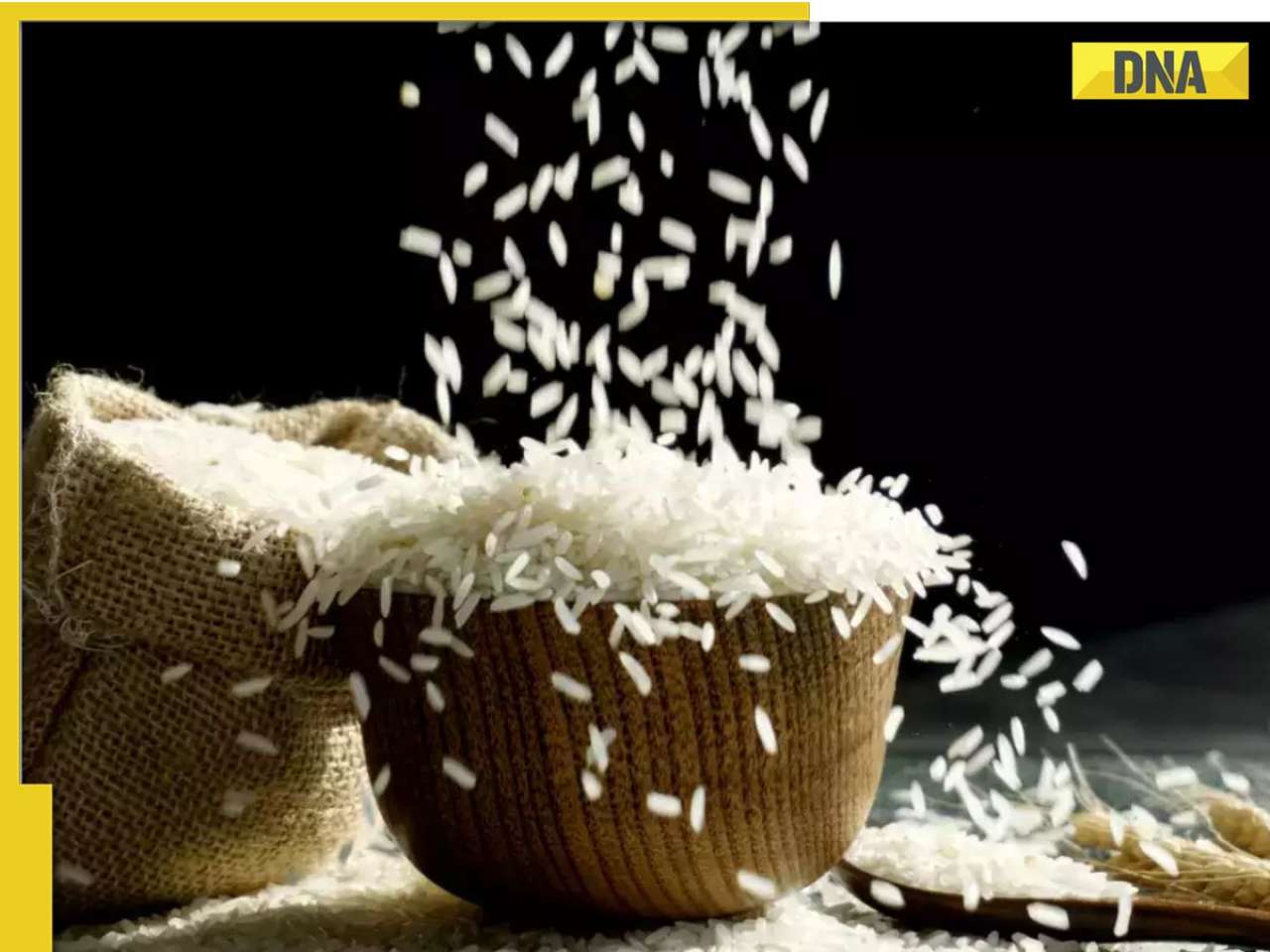





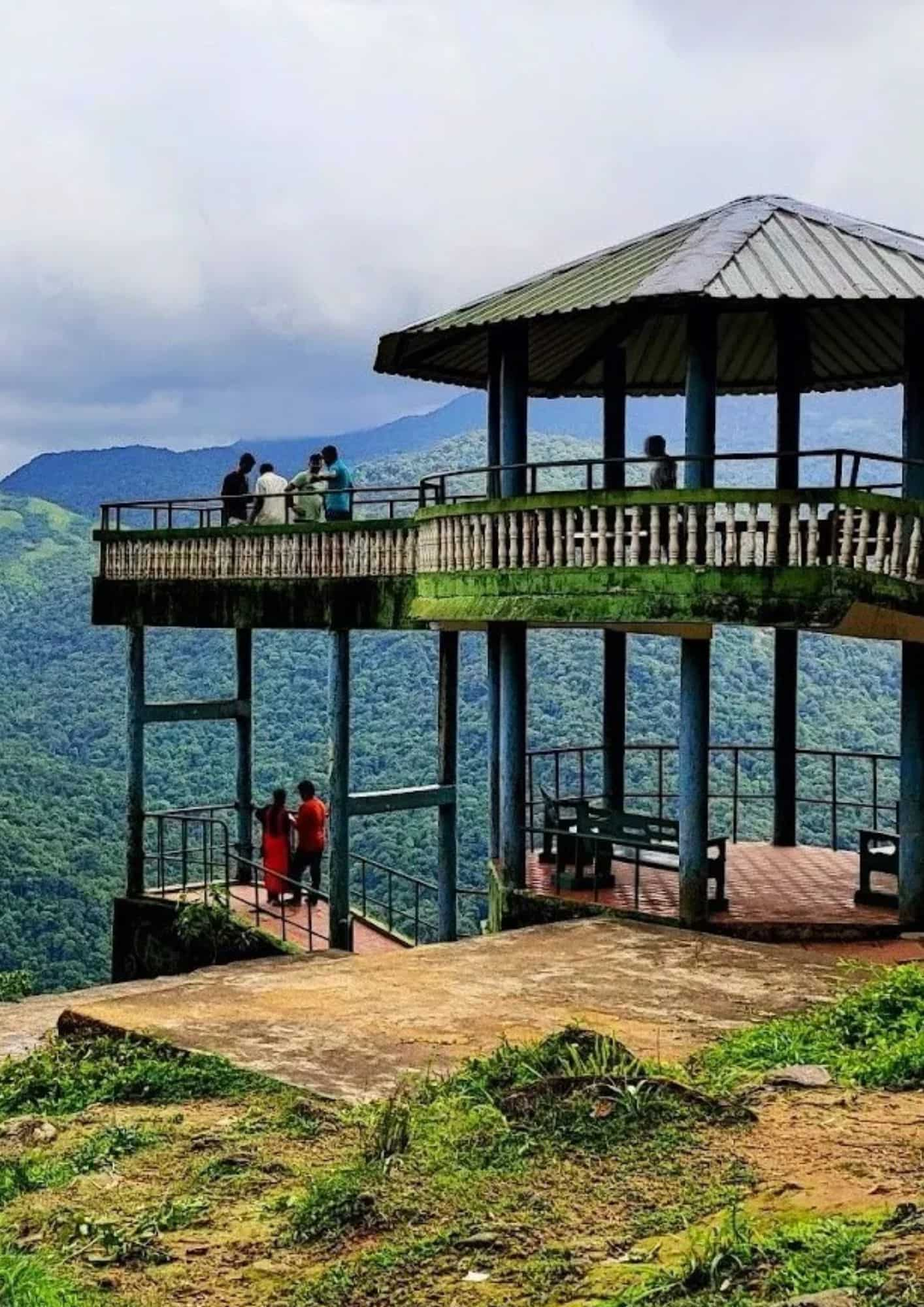



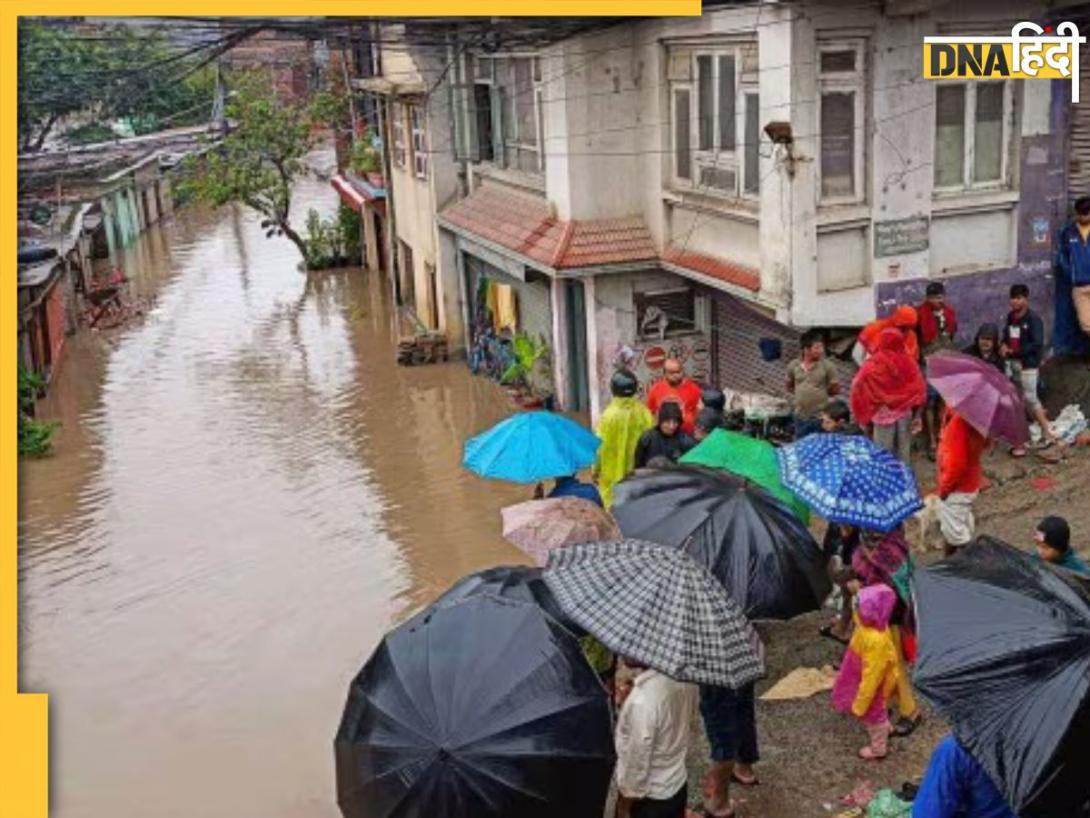










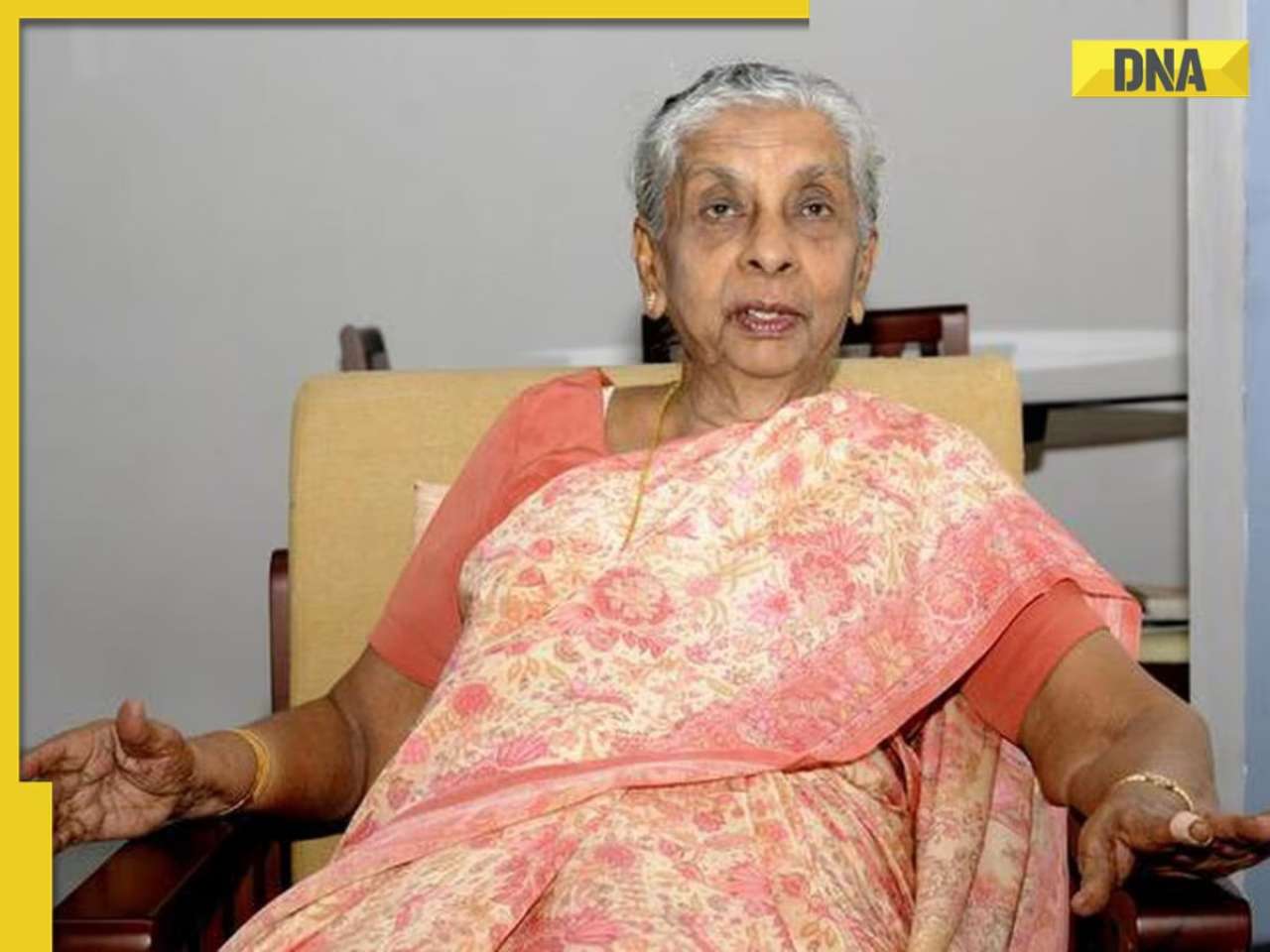
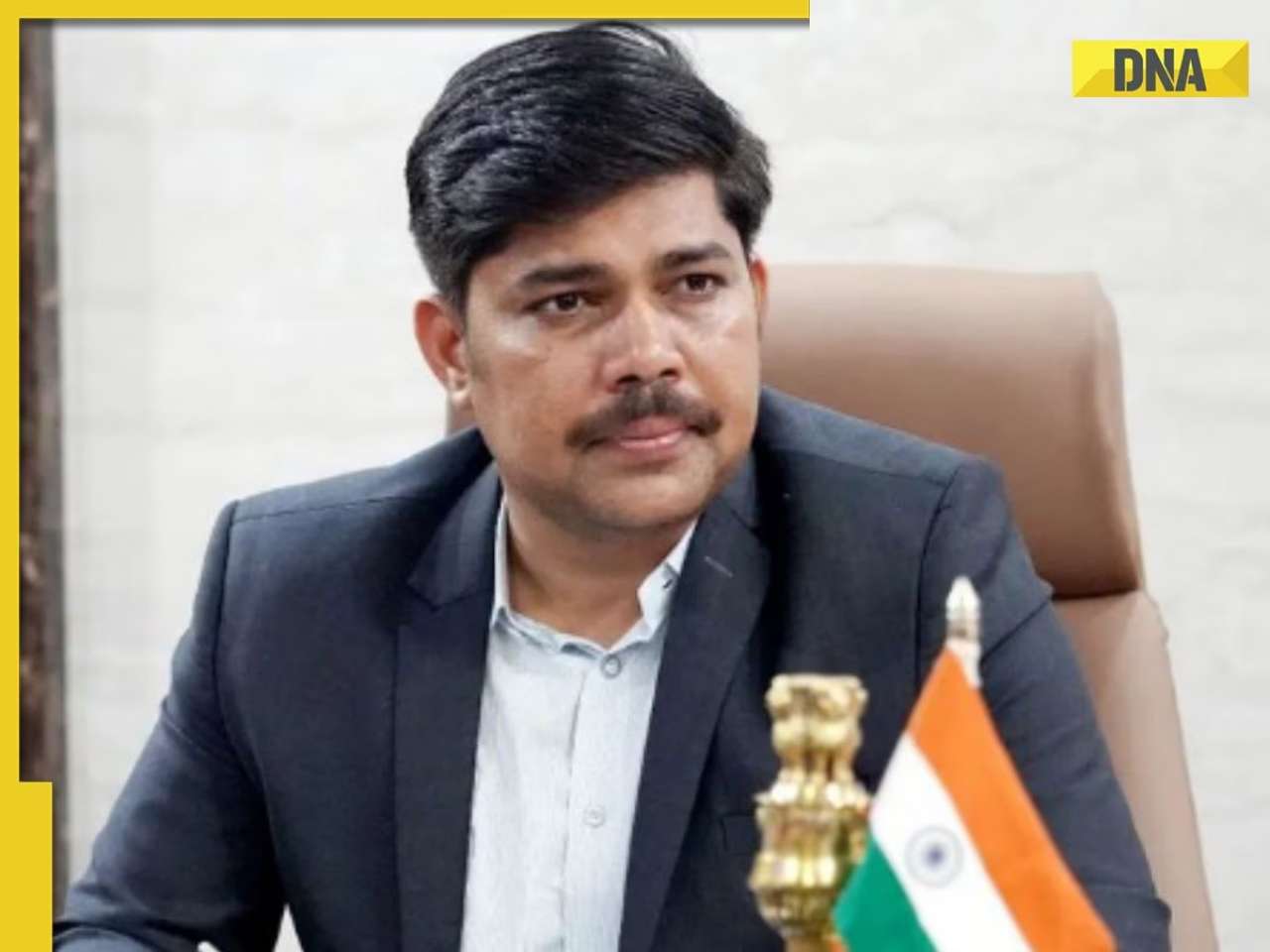

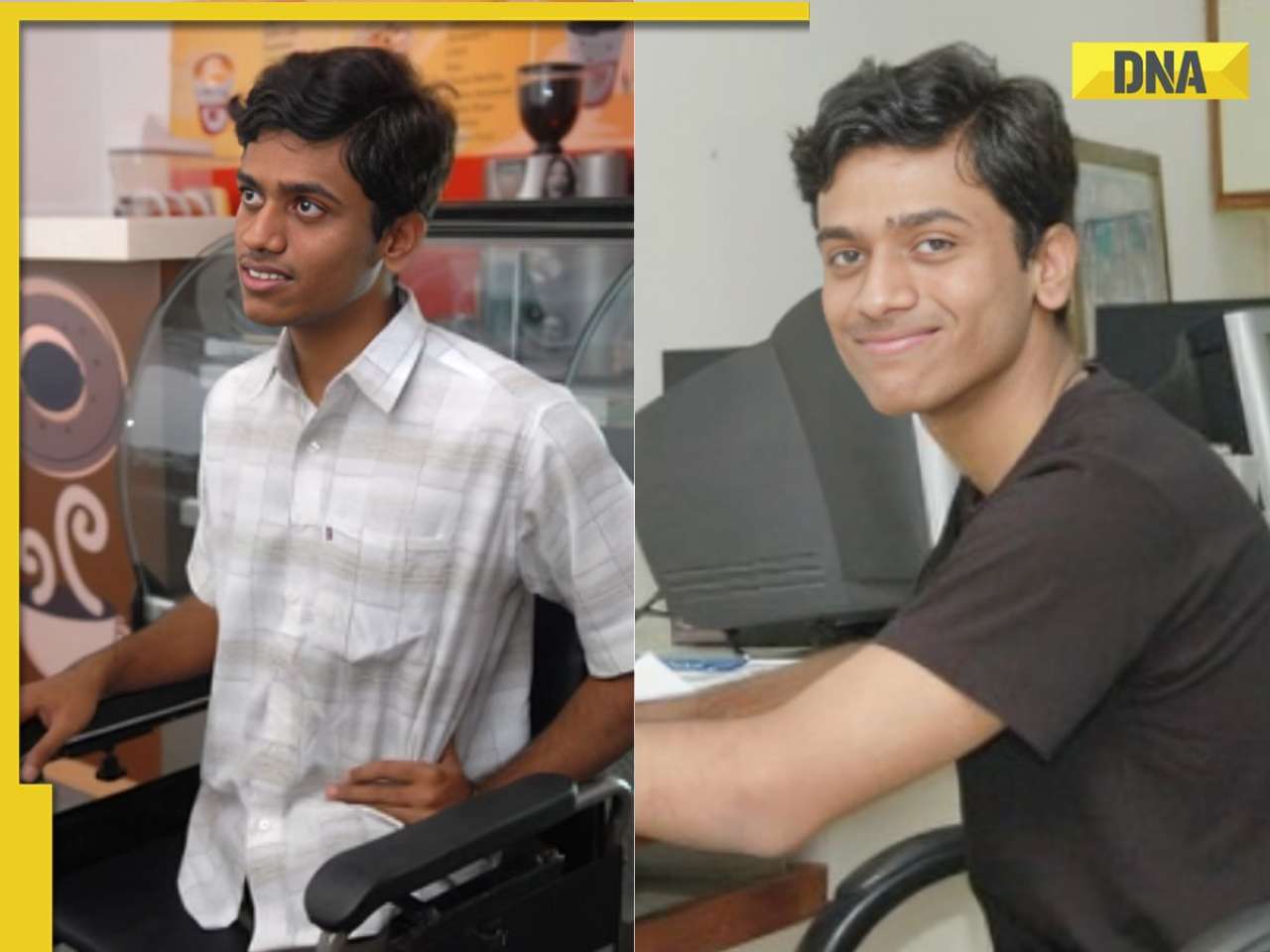


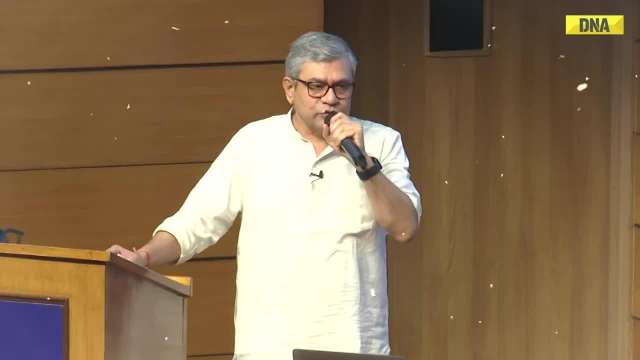
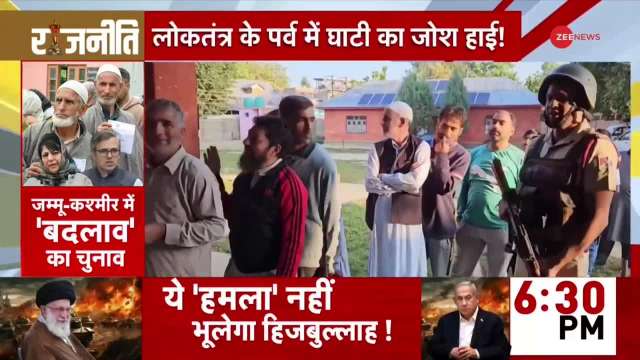
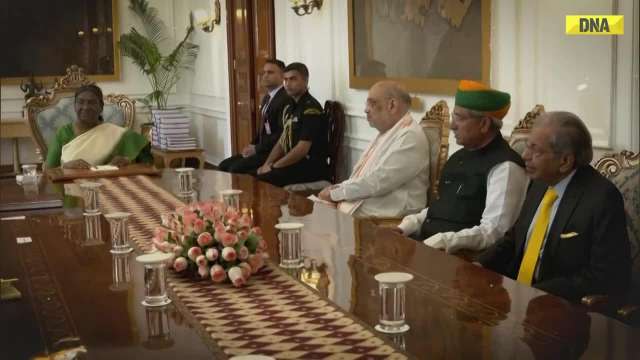



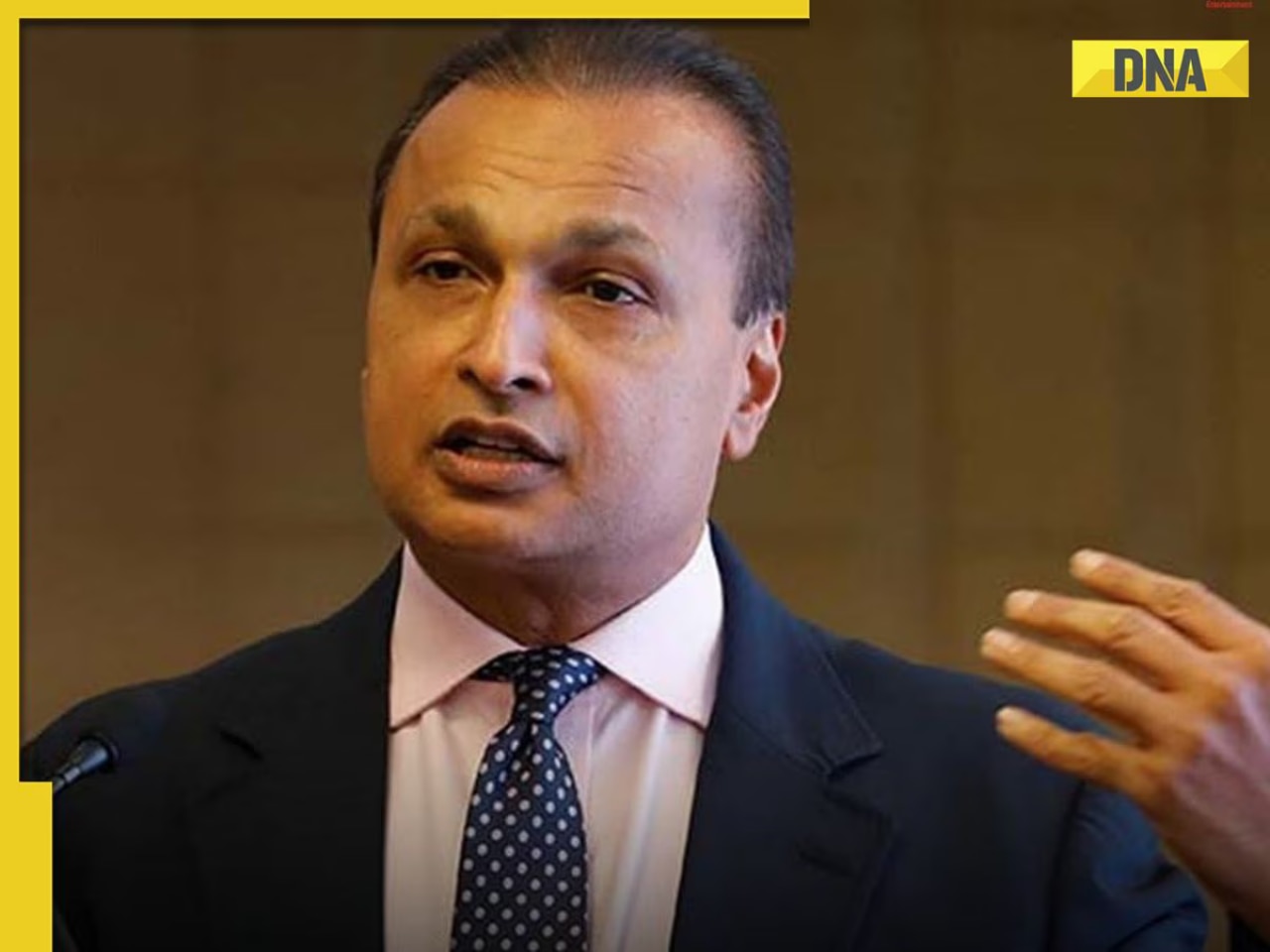





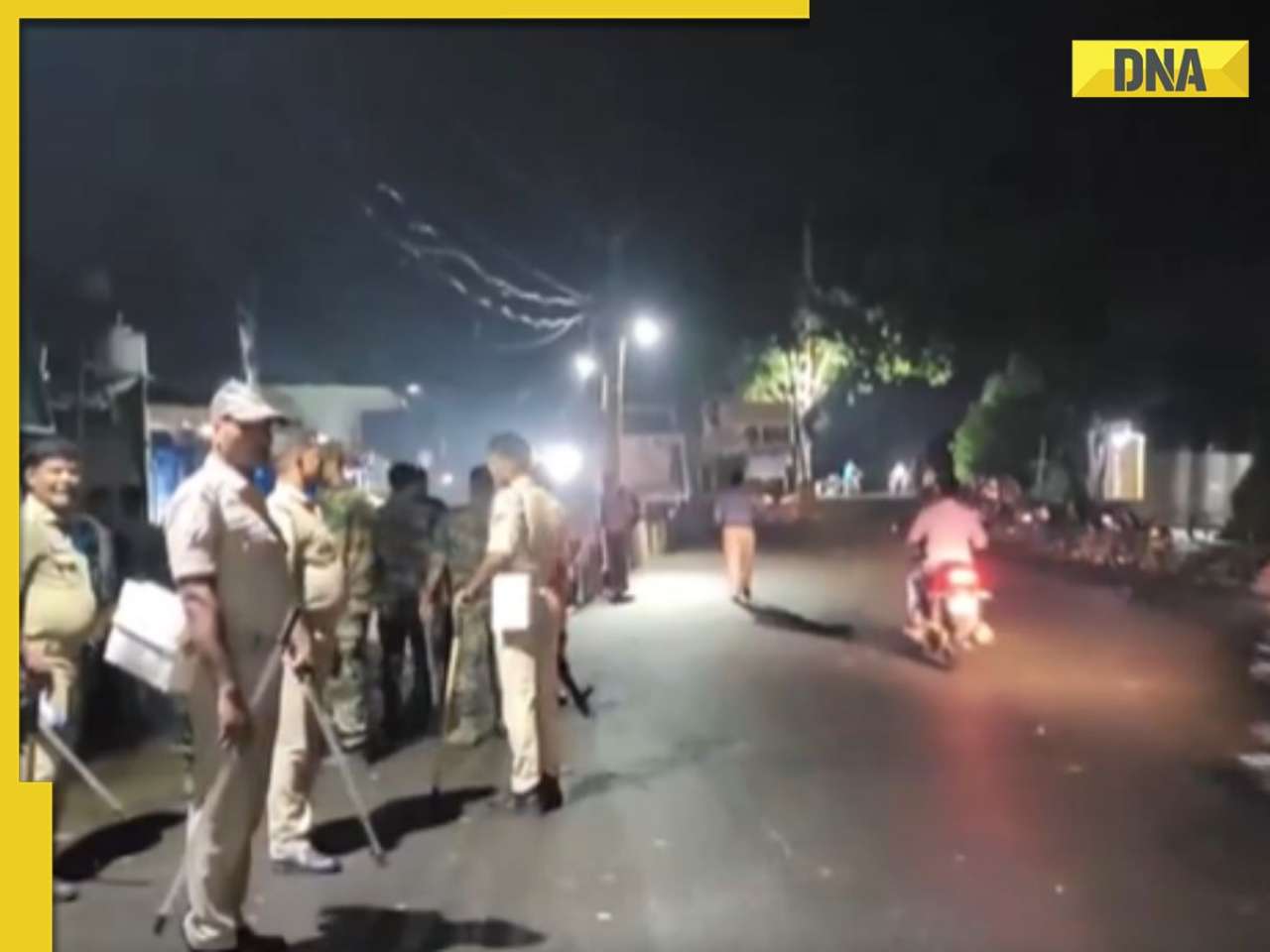

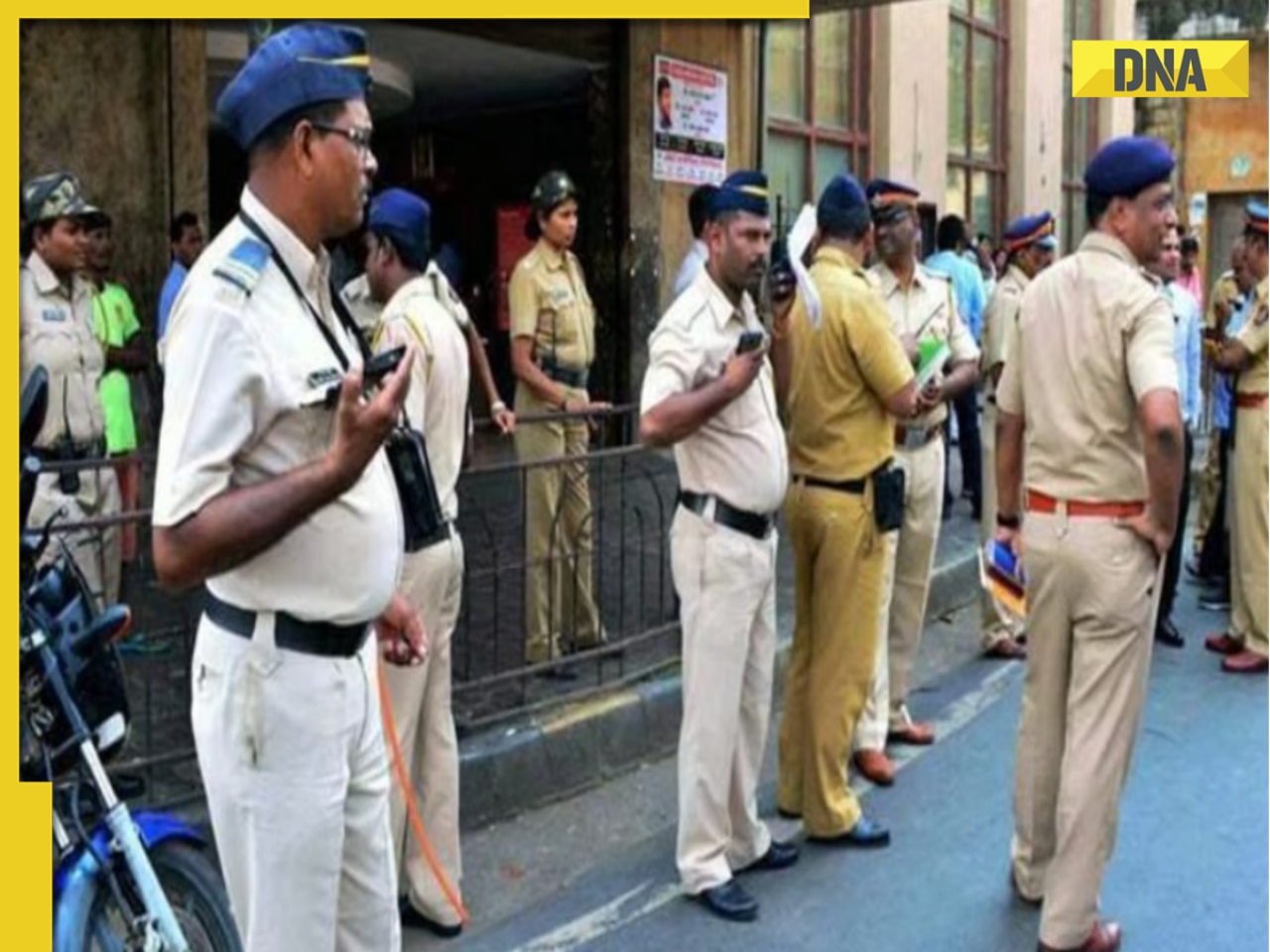
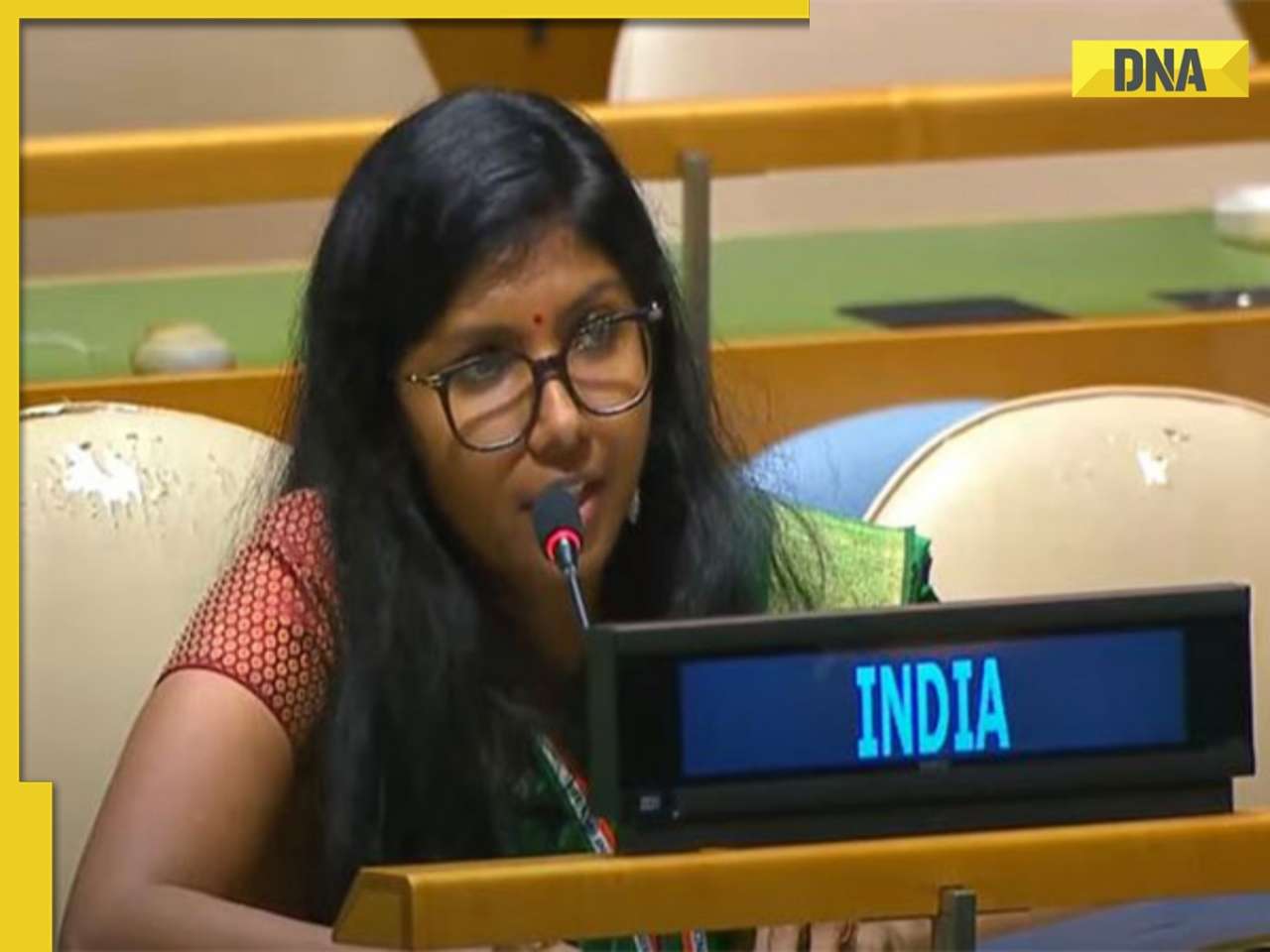

)
)
)
)
)
)
)
)
)
)
)
)
)
)
)





)
)
)
)
)
)